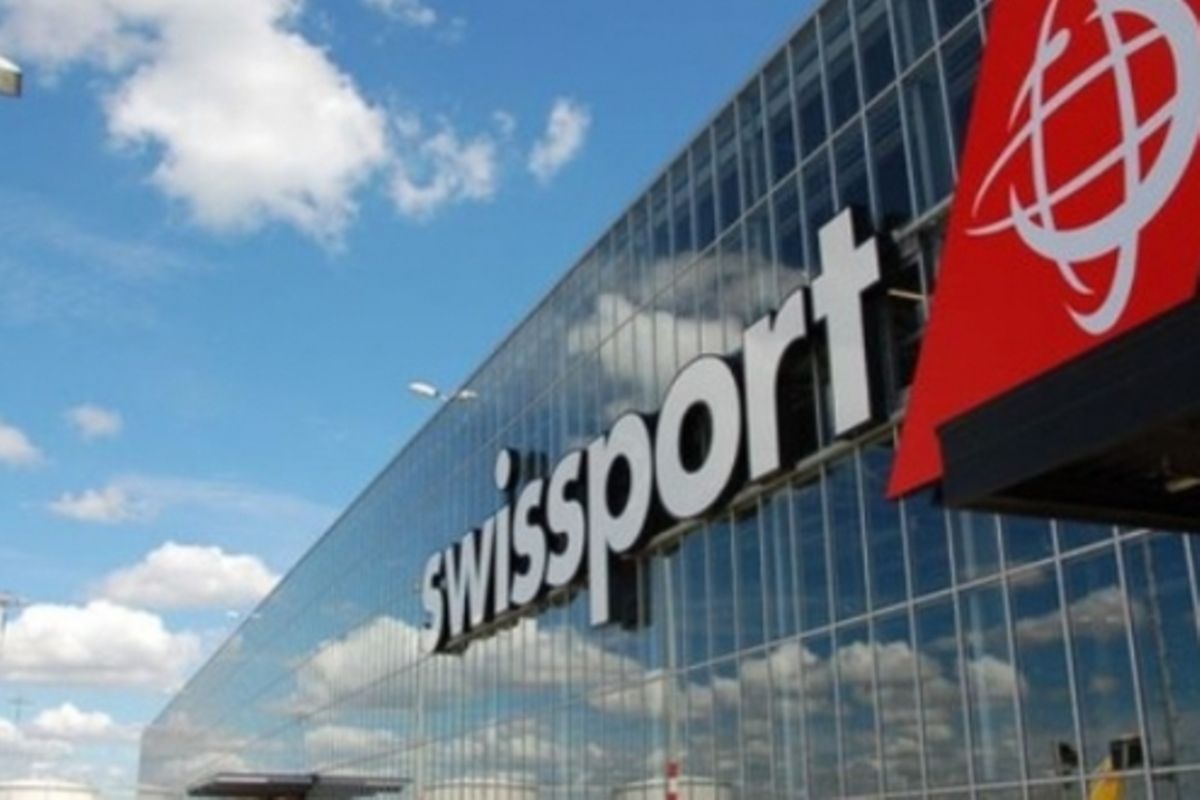Dar es Salaam. Swissport Tanzania recorded a 21.4 percent increase in net profit last year, thanks to a significant business recovery from the impact of Covid-19 and increased Air Tanzania Company Limited (ATCL) operations.
The ground handler’s financial results for the year ended December 31, 2022, indicate that the company’s net profit jumped to ShSh2.61 billion from Sh2.15 billion realised in the preceding year.
During the period under review, the flight frequencies increased by 53 percent, and the volume of cargo handled increased by 20 percent. As a result, total revenue increased by 25 percent to Sh38.29 billion, according to the report signed by the board’s chair, Mr Dirk Goovaerts, and the company’s CEO, Mr Mrisho Yassin.
With last year’s handsome performance, the board announced a final dividend of Sh1.51 billion, or Sh42 per issued and fully paid share. However, no interim dividend was declared and paid during the year.
Promising future
According to the report, both the ground handling and cargo handling business segments have fully recovered from the impact of the pandemic.
Airlines are operating at their normal capacity and have plans to increase frequencies. The planned growth of ATCL, the national flag carrier, is also expected to stir further growth in the aviation market.
ATCL has a fleet of 12 aircraft: one Dash 8-Q300, five Dash 8-Q400, four Airbus A220-300, and two Boeing 787-8 Dreamliners. Before the end of this year, the airline expects to add to its fleet one Dash 8 Q400, two Boeing 737 Max 9, one Boeing 787-8 Dreamliner, and one Boeing 767 Freighter, bringing the total number of its aircraft to 17.
Going by Swissport’s report, the lounge business is envisaged to continue growing and contribute positively to the business.
“These developments, coupled with the improved business environment over the past years, are expected to increase flight frequencies and the volume of cargo in 2023,” reads a part of the report. This will in turn have a positive impact on the financial performance of the company. “To sustain and grow the business in 2023, improving the quality of services offered to airlines, maintaining operational and cost efficiencies, and investing in human resources will remain key priorities for Swissport,” reads a part of the report.
The list of priorities also includes investment in technology, training, ground support equipment and cargo infrastructures, product innovation, retention of customers, and winning new profitable business.















